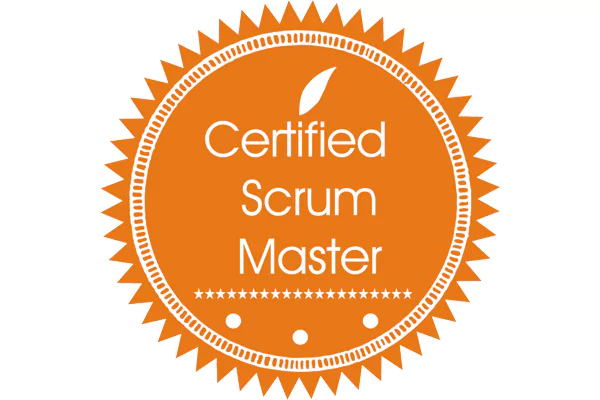Course Curriculum
Course Content
- Understanding the principles and values of agile methodologies.
- Exploring the Scrum framework, its origins, and how it differs from traditional project management approaches.
- Explaining the three core roles in Scrum: Product Owner, ScrumMaster, and Development Team.
- Focusing on the responsibilities and interactions of each role within the Scrum team.
- In-depth exploration of the ScrumMasters role as a servant leader and facilitator.
- Understanding how the ScrumMaster supports the team, removes impediments, and ensures Scrum practices are followed.
- Detailed overview of Scrum events, including Sprint Planning, Daily Scrum, Sprint Review, and Sprint Retrospective.
- Understanding the purpose, structure, and desired outcomes of each event.
CSM training often includes preparation for the Certified ScrumMaster exam provided by Scrum Alliance.
Quick Enquiry
Exam & Certification
The CSM exam is an assessment conducted by Scrum Alliance to evaluate your understanding of Scrum principles, practices, and the role of a ScrumMaster in agile project management.
Yes, to earn the Certified ScrumMaster (CSM) designation, you are required to pass the CSM exam provided by Scrum Alliance.
The number of questions can vary, but its typically around 35 questions. The passing score is usually around 70%, which equates to answering approximately 24 questions correctly.
The CSM exam covers various aspects of the Scrum framework, including Scrum roles, events, artifacts, agile principles, and the responsibilities of a ScrumMaster.
Preparation for the CSM exam involves studying the Scrum Guide, attending a CSM course provided by a Certified Scrum Trainer (CST), reviewing your course materials, practicing with sample questions, and taking mock exams.
Yes, if you dont pass the CSM exam on your first attempt, you can retake it. Some waiting time may be required between attempts, and there might be an additional fee for retaking the exam.
No, the CSM certification requires renewal every two years. To maintain your certification, you need to earn Scrum Education Units (SEUs) and pay a renewal fee.
Testimonials
CSM FAQ's
A Certified ScrumMaster (CSM) course is a training program designed to provide participants with a deep understanding of the Scrum framework, agile principles, and the role of a ScrumMaster in agile project management.
The CSM course is beneficial for individuals interested in becoming ScrumMasters, project managers, team leads, developers, testers, product owners, and anyone involved in agile project management.
The primary objectives of the CSM course are to help participants understand Scrum principles, roles, events, and artifacts, and to equip them with the skills needed to effectively facilitate Scrum teams and projects.
The course covers Scrum fundamentals, roles and responsibilities, Scrum events, agile estimation and planning, servant leadership, facilitation techniques, agile metrics, and continuous improvement.
The CSM course is typically conducted over two days, with each day consisting of approximately 7-8 hours of training.
Yes, after completing the CSM course, participants are required to pass the online CSM exam provided by Scrum Alliance to earn the Certified ScrumMaster designation.
The CSM exam is an online multiple-choice test that assesses your understanding of Scrum principles and practices.
The passing score for the CSM exam is typically around 24 out of 35 questions, which is roughly 70%.
CSM courses are available in both online and in-person formats. Online courses offer flexibility, while in-person courses allow for direct interaction with the instructor and peers.

.webp)
.webp)


